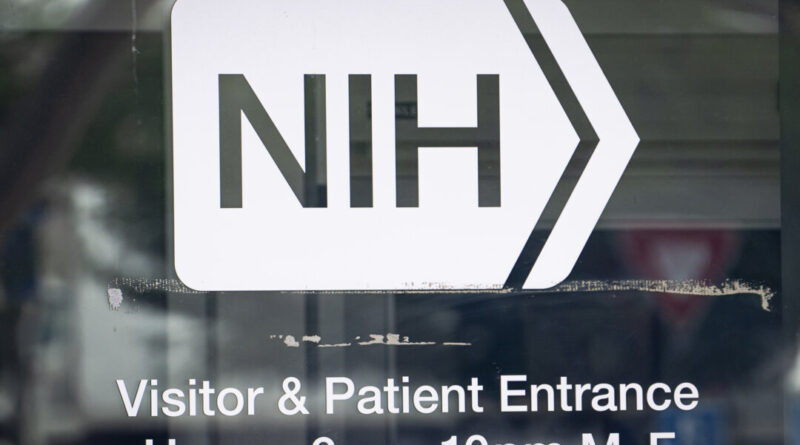Judge Permanently Blocks Trump Administration’s Modification of NIH Indirect Cost Rate
The administration claimed that the court lacked jurisdiction and that the NIH adhered to current regulations.
On April 4, a federal judge in Massachusetts granted a permanent injunction preventing the Trump administration from decreasing the funds the National Institutes of Health dispenses to grant recipients for indirect costs, which cover expenses like administration and facility maintenance.
This order reinforces a preliminary injunction issued by U.S. District Judge Angel Kelly in March. In her latest ruling, she nullified the NIH’s notification regarding alterations to the indirect cost rate and issued a judgment favoring various states and organizations on multiple legal challenges they raised against the administration.
Judge Kelly specifically supported the plaintiffs’ argument that the administration breached the Administrative Procedure Act (APA) by failing to act in accordance with the law and behaving in an arbitrary and capricious manner.
In its announcement on February 7, NIH reported that $9 billion was designated for overhead expenses in fiscal year 2023 through its indirect cost rate, with the average rate historically being between 27 percent and 28 percent.
The agency mentioned upon introducing the new 15 percent ceiling that it is “obligated to carefully steward grant awards to ensure taxpayer dollars are utilized in ways that benefit the American populace and enhance their quality of life.”
In February, the Department of Justice (DOJ) informed Kelly that it had complied with the APA and current regulations, arguing that she lacked jurisdiction to impede the NIH’s policy. The DOJ contended that a law known as the Tucker Act provided jurisdiction over the case to the Court of Federal Claims “because Plaintiffs are effectively seeking damages for breach of contract—the regulations incorporated into their grant agreements.”
In her April 4 ruling, Kelly affirmed her court’s jurisdiction. In March, she contended that the Tucker Act did not preclude her from exercising jurisdiction over the case, asserting that the core of the plaintiffs’ action was “not contractual in nature.”
Administrative costs encompass various expenses, including salaries for university administrators, departmental staff, and office supplies. Since 1991, the NIH has set a cap on administrative costs for universities at 26 percent of the direct cost of the grant. Universities receiving NIH grants negotiate this rate every four years, providing justifications for the funding required to support research.
As Kelly remarked in March, the first Trump administration proposed a budget in 2017 that would have lowered the indirect cost rate. Congress rejected this idea and instead codified the existing reimbursement formula into law.
The DOJ attempted to differentiate that earlier dispute from its more recent guidance regarding indirect cost rates, noting that Congress had responded to a budget proposal aiming to cap indirect costs for the sake of economy.
“However, that concern … does not apply in this instance,” the DOJ stated, emphasizing that NIH’s recent modification “does not seek to save taxpayer money.”
“Instead,” the department explained, “it views the appropriations for NIH as a baseline and allocates the grants made with that funding to ensure that a larger portion of the funds is spent on the direct costs of the projects funded by the NIH.”
Kelly’s March ruling dismissed the DOJ’s argument, stating that the administration had contravened the clear wording of an appropriations law. She cited an NIH post that suggested the potential savings resulting from the rate modification, published on social media the same day the agency released its guidance on the rate change.
“This change will produce over $4 billion in savings per year effective immediately,” the agency claimed in the post.
Lawrence Wilson contributed to this report.




